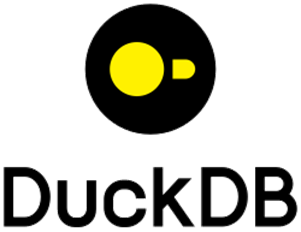 Balance. This is the challenge facing any organisation wishing to exploit their customer data in the digital age.
Balance. This is the challenge facing any organisation wishing to exploit their customer data in the digital age.
On one side we have the potential for a massive explosion of customer data. We can collect real-time social media data, machine data, behavioural data and of course our traditional master and transactional customer data. By combining the growth of data sources with the accessibility of big data processing, we can now exploit more and more opportunities to wring the investment out of customer information.
But this has to be tempered by the other side of the equation – the growing demand for greater data protection and privacy controls. Take the EU General Data Protection Regulation (GDPR) as an example.
This is no directive or advisory measure; this law will force all organisations possessing EU citizen data to seriously improve their data quality and data governance efforts. If they don't, they face a penalty of up to four percent of global turnover.
At first glance, it may look as though regulations like GDPR will restrict the exploitation of customer information due to increased controls, minimisation of use, greater accountability and so on. In reality, I think compliance laws will usher in greater opportunities. That's because many organisations will finally have to understand their customer data assets in far more detail than ever before. Through this deeper, richer understanding, organisations will have an opportunity to fully appreciate the scale of the customer information at their disposal – and how it can be utilised for data analytics.
Underpinning this deeper understanding is a far greater demand for accountability. And this is where leaders can no longer hide. No longer can firms simply say they are managing their data; they have to prove it with constant monitoring and governance.
Facing high penalties for noncompliance, organisations will finally realise they need to gain the appropriate level of executive support to adequately manage their customer data assets.
I believe this can only be a good thing for data analytics.
Learn how SAS can help you identify, govern and protect personal data






